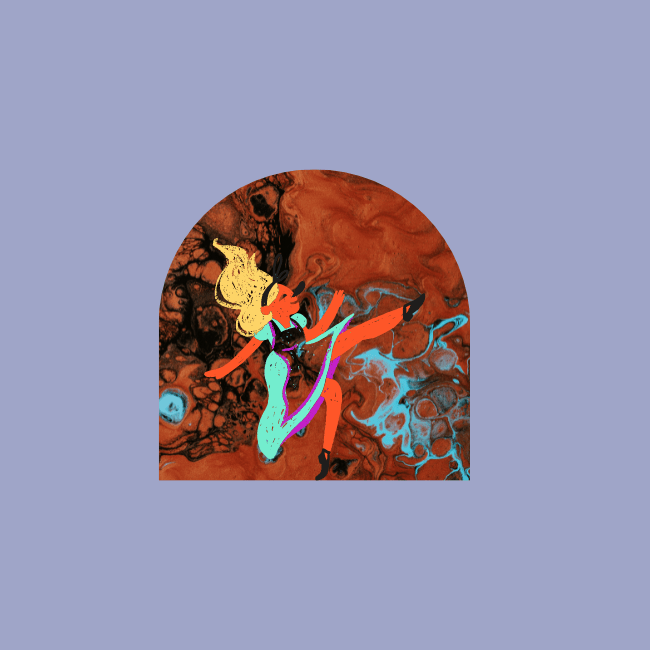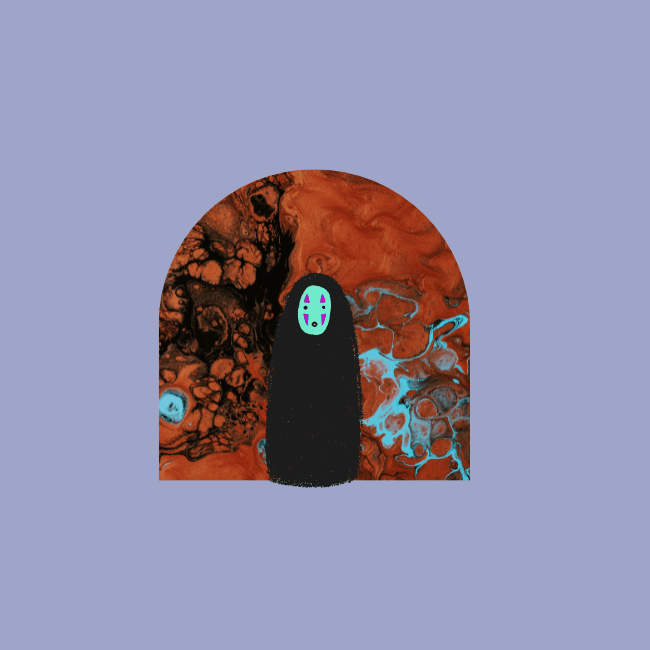Chasing Inspiration: The Joys and Woes of Being a Writer

Being inspired to do something is an experience that happens to all of us. Whether it’s about working on that overdue project or doing the dishes, it’s the innate feeling you get when you want to do something – it’s short of a miracle. From my perspective, writing takes skill, passion, a healthy dose of ego, and a lot of inspiration. However, our muse isn’t always kind to us.
Inspiration is a moving object
Have you ever played one of those apocalypse point-and-shoot games at the arcade? Well, inspiration is kind of like the zombie. It either creeps up behind you or rushes right in front of you. They’re gruesome and ready to destroy you unless you look at them directly in the eye and aim right. Shoot it down, and I could write for hours. If I let it escape me, I’m stuck writing nothing for the day.
Unfortunately for me, I have terrible eyesight, figuratively and literally. When I’m looking for inspiration, it hides from me. And when I least expect it – game over.

Then there’s the trouble of where. I never find the inspiration to write from the same place. Sometimes it’s by listening to my favorite albums over and over again, and sometimes it hits me when I’m washing the dishes. I never seem to catch it during the times when I’m supposed to be writing.
I stare at my empty document, waiting for the words to come. Even with my research all prepared, it already feels like my brain has gone through several marathons within the span of a minute. I stand up and stare at something then boom – the introduction is neatly arranged in my brain. But just like the White Rabbit, it skitters away from me, and the chase starts all over again.
How to tame your inspiration

Any wild thing can be tamed. Any mysterious force can be studied. Just like how science explains lightning after years of believing in myths, a writer can understand and redirect when inspiration strikes.
Different authors have different approaches. Haruki Murakami (Norwegian Wood, Kafka on the Shore) employs a strict routine when writing a novel. Donna Tartt visited a yard sale and got the inspiration for her novel The Goldfinch.
In my case, my inspiration is like No-Face. It gobbles my time and patience in its path. I have two ways of dealing with it. One, tackle it head-on: I get enough sleep, I have a timer to make sure I write, and I stay in my work chair. Sometimes it works, sometimes it doesn’t.
When this fails, and it does usually, I pull my next trick: I do something else. Whether it is pacing, picking up a book, or writing something else entirely: I leave, I do something else, I go back, and the idea’s formed in my head. Luckily, I tend to collect everything whether it’s a half-formed character, a piece of dialogue, or even the color of the room they walked in – everything. I save it and hope it means something eventually. All my best work comes from a throwaway thought.





